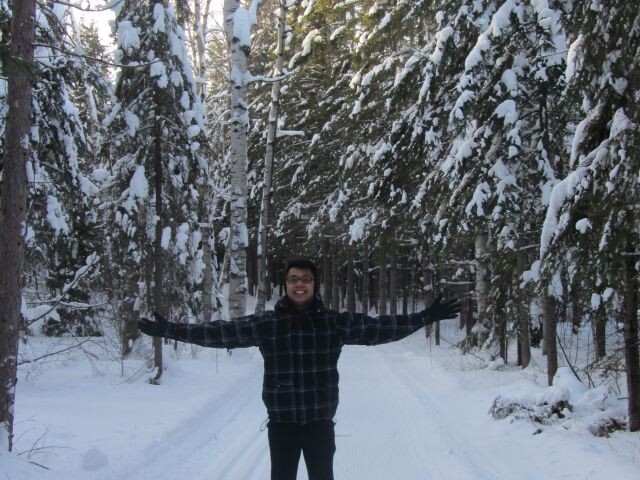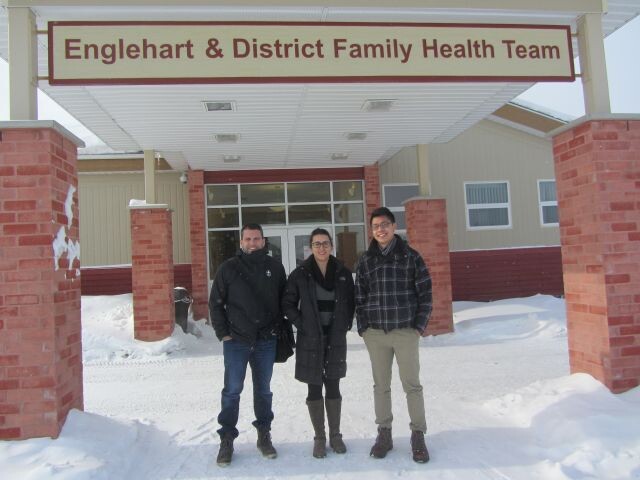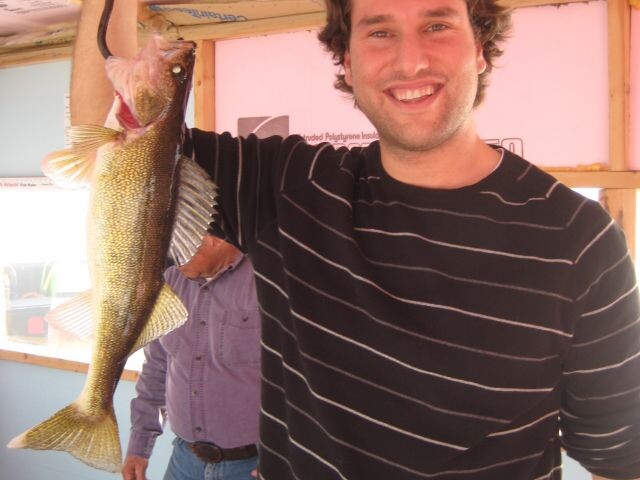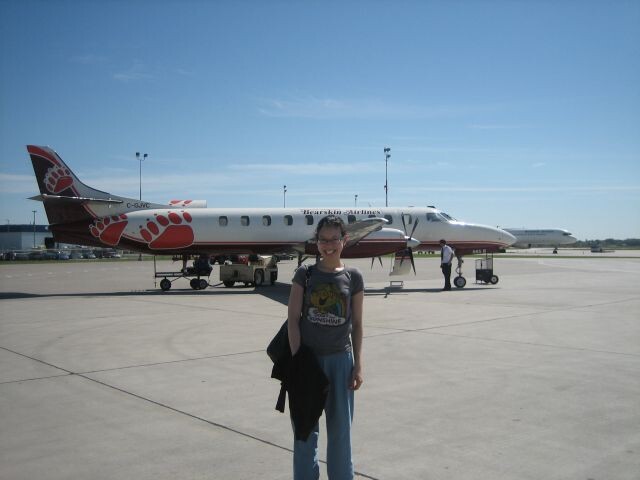Breadcrumbs
Rural Northern Initiative




Looking for an adventure? Ready to shake up your routine?
In just two weeks of your time, you will be contributing to a community in desperate need of assistance and help expose DFCM residents to exciting and rewarding work available in northern Ontario.
The Rural Northern Initiative (RNI) is a joint project between the Ministry of Health and Long-Term Care (MoHLTC) and DFCM that provides medical care in small northern Ontario communities facing a physician shortage.
How it works
DFCM faculty members visit participating communities for 2-week locum style visits along with a PGY2 family medicine resident from U of T.
Faculty members are remunerated for their participation by the Ministry of Health.
Most visits begin on a Monday morning (which means travelling on Sunday) and finish the following Friday afternoon. You will be on call one of the weekend days. Work includes clinic-based family medicine, inpatient coverage, and some ER coverage. Obstetrical coverage and Minor Surgical Services (“lumps and bumps”) are optional.
Why participate
- Have an adventure (that's paid!)
- Challenge yourself to expand you skills and experiences
- Sharpen your clinical and teaching skills
- Help teach and expose residents to practicing in Northern communities
- Help communities facing physician shortages
Recent Family Medicine graduates
- Experience supervising residents
- Ideal 6 months into independent practice
- Professional development opportunities can be arranged through the DFCM RNI office
- Faculty Appointments can be facilitated through the RNI office (Maximum 2 month process)
What skills and certifications do I need to participate?
ACLS is required and ATLS strongly recommended. For faculty who commit to two trips per year, the cost of recertification will be reimbursed by the program.
The Sunnybrook Health Sciences Centre (SHSC) website provides Avanced Life Support (ACLS) and Advance Trauma Life Support (ATLS) courses. Use the links below to access their webpages about the courses, which include course schedule/dates, fees and the registration form.
- ACLS Course schedule
- ATLS schedule
- ACLS at UHN
- The Postgraduate Medical Education Office (PGME) at the University of Toronto also has other locations where ACLS can be taken.
- Extra training in emergency medicine is not required but is an asset. Faculty should be comfortable managing patients in rural emergency departments. Specialist support is available remotely via telemedicine, CritiCall Ontario or the nearest referral hospital.
Do I need to find a resident?
Faculty members are welcome to choose a resident in their home pro-gram to accompany them. Residents must be in their PGY2 year and on an elective or core family medicine rotation with permission from their program director.
Bringing a resident you know and trust can make the experience more fun for both of you. However, we can facilitate finding a resident for faculty members who prefer this.
Travel, accommodation and choosing a time to go
Faculty is responsible for booking their own travel and rental cars. The RNI office will put you in contact with the administrative contact person in the community to arrange local accommodations.
As a courtesy to our residents, we ask that faculty book and pay for flights, rental cars and accommodation for themselves and the resident. Reimbursement forms for these expenses are available from the RNI office and should be completed promptly on return from your trip.
Any 2-week period (12 days from a Monday to the following Friday) qualifies for an RNI rotation. Give us your dates as soon as you have them so we can find you a community.
Economy air fare and care rental will be reimbursed. Car rentals must be rented through the actual car rental site as the daily rate needs to be displayed
For more information on reimbursement guidelines, please contact us and inquire about UAP.
Remuneration
Faculty participants are paid a daily rate for clinic days worked, depending on the rurality of the community and the level of need. In addition to this daily stipend an hourly rate is paid directly by the community for ER work.
Please complete this form in order to be paid.
RNI community map
Currently, the RNI program operates in the four most underserviced RNPGA communities within Ontario. There are a number of other communities that continue to be on the list, including Atikokan, Engelhart, Geraldton and Wawa. The list of qualifying communities fluctuates based on recruitment of physicians. That being said, depending on your selected dates of travel, the RNI office will contact the ministry to get the most updated list for you to choose from.
View the map of RNPGA communities.
Frequently asked questions (FAQ)
1. Do I have to use vacation time to participate in RNI?
For faculty who work within U of T teaching units, we encourage you to talk to your clinic lead to discuss this opportunity and time away from the clinic. The RNI is a DFCM program and site directors have been encouraged to allow faculty to participate in this program, which is often also an elective for one of the residents at the same site. Faculty should speak with their practice leads to discuss the specifics for their time off.
2. Can I take family with me?
Yes. We encourage you to take your family with you to explore rural Ontario. However, here are a few things to think about when considering if taking your family is right for you.
- Accommodation and travel expenses are not covered for your family. Accommodations may be limited in some of these smaller communities. If taking your family with you is something you want to consider, please mention this to us when we are helping you choose a community.
- Your schedule is fully booked for the 12 days you are in the community. You will be on call usually 4-5 times during the trip which may mean evening trips back into the ER. Even though you will have a PGY-2 resident with you, the expectation is that faculty are in town and available to the resident during these times. Additionally, it is not uncommon that your clinic day may run later than your own practice where you are familiar with your own patients. You and your resident may be looking after unfamiliar orphaned patients with complex health issues.
- These two-week RNI trips are an opportunity to introduce residents to the possibility of rural practice. We encourage resident-faculty dyads to explore the local community and outdoors. Many of our teams have enjoyed hiking, snowmobiling, fishing and other adventures. These opportunities provide a less formal venue for mentorship and career advice for residents in their final year of training.
Contact for more information
- RNI Administrative Contact: Fadia Bravo
- RNI Faculty Contact: Dr. Nadia Incardona
- Email: dfcm.rni@utoronto.ca
- Phone: (416) 978-8530
- Fax: (416) 978-8179
